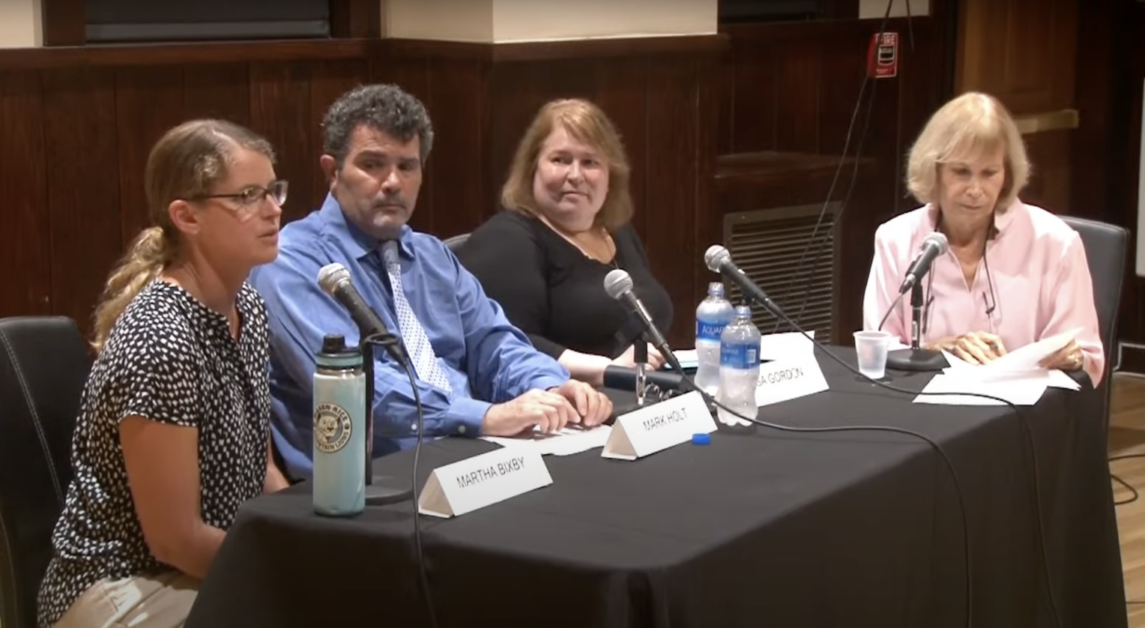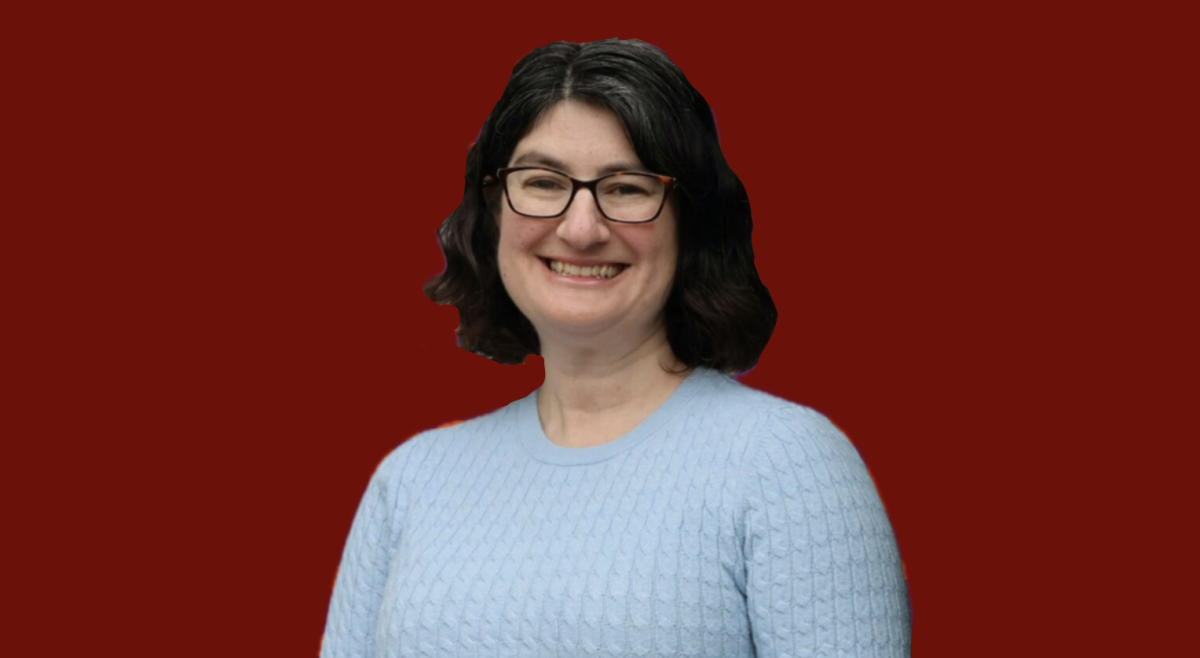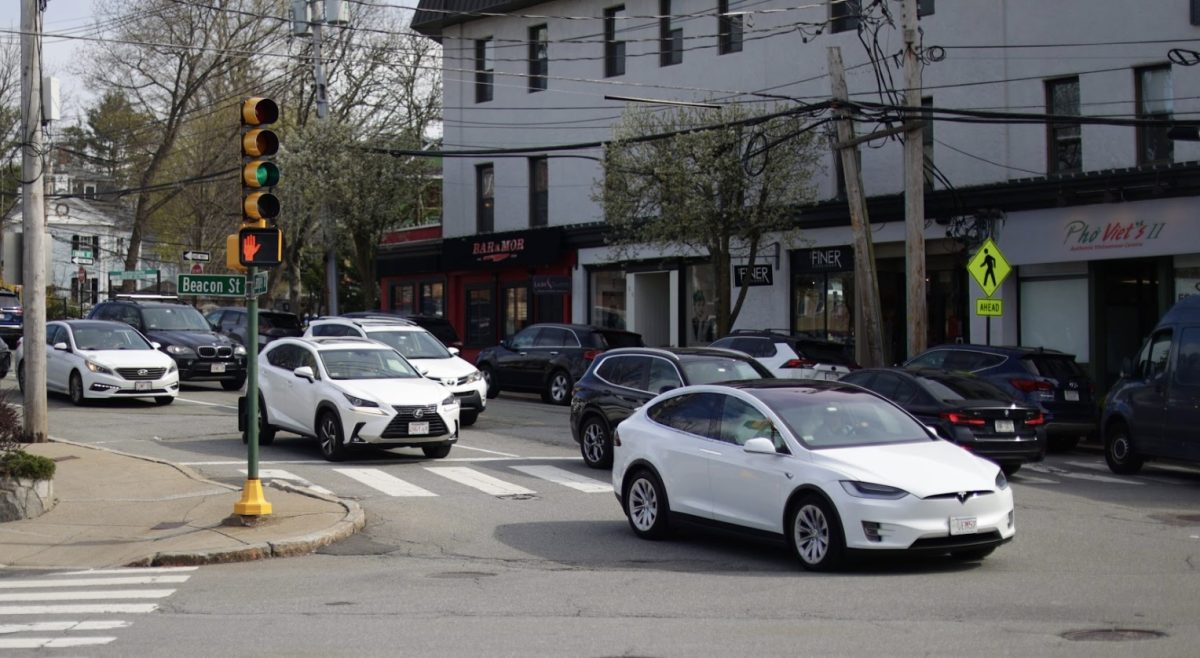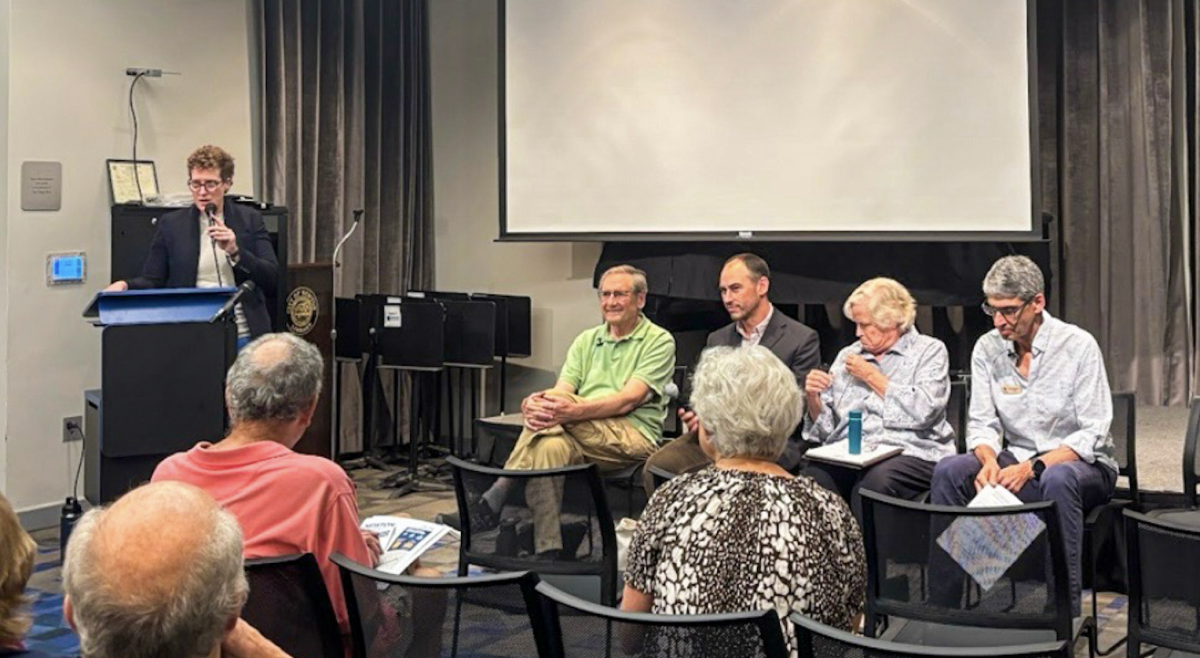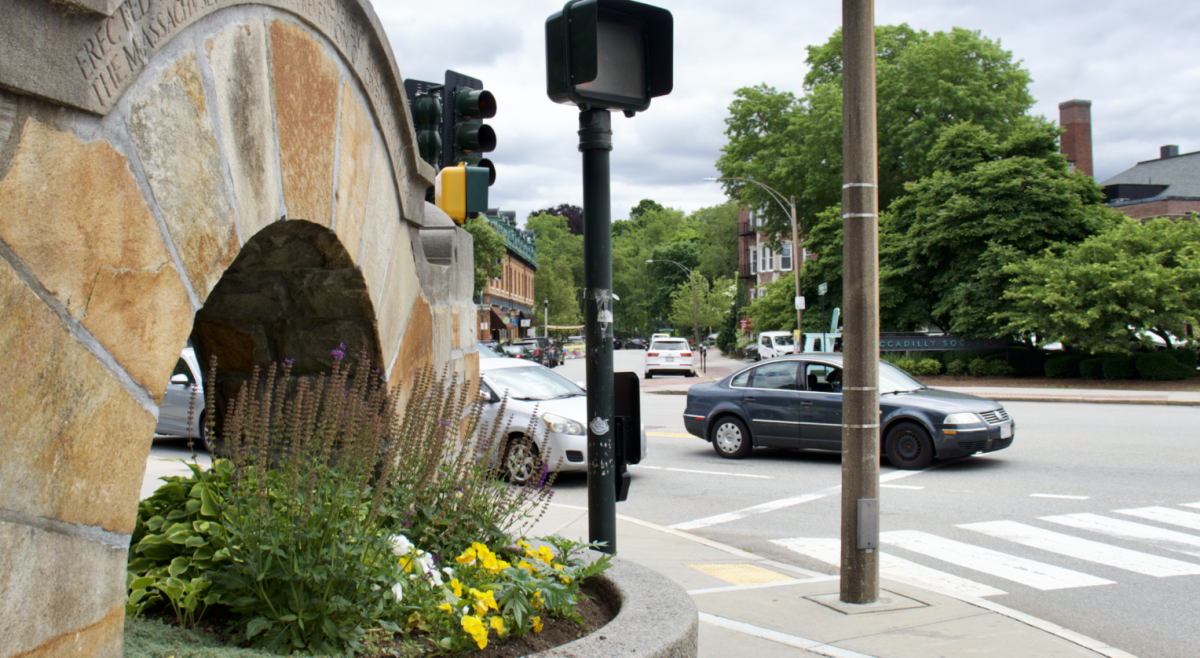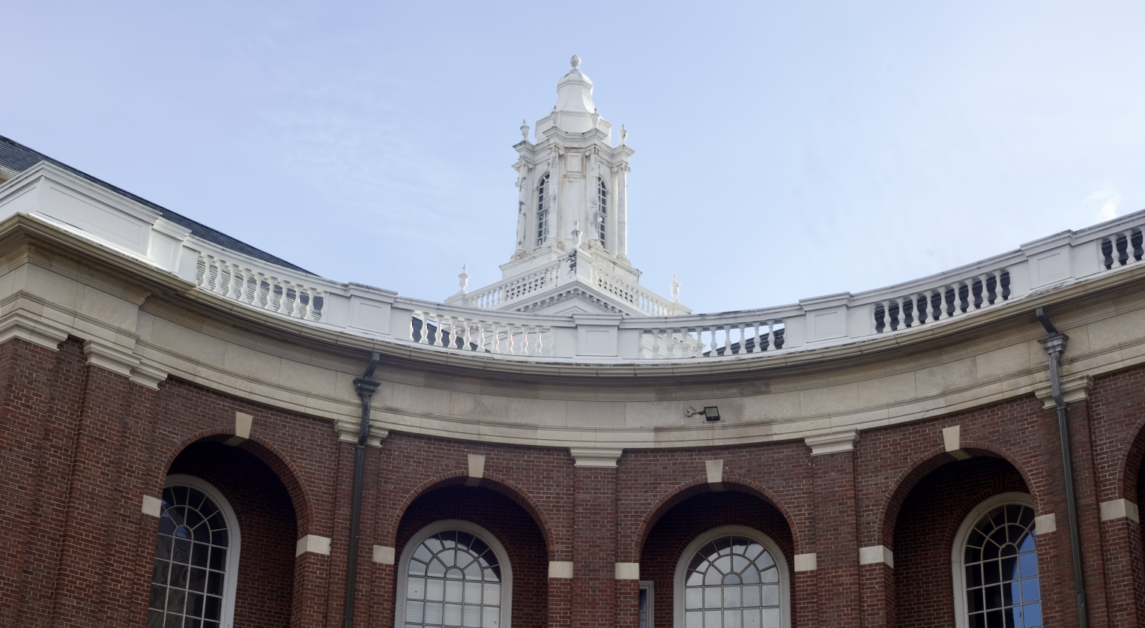Candidates for Newton City Council from Ward 2 and Ward 6 addressed the city’s ongoing rezoning plans during two debates hosted by Newton’s four neighborhood area councils on Tuesday night.
The candidates are vying to replace retiring Ward 2 councilor Emily Norton and Ward 6 councilor Brenda Noel during the city’s municipal preliminary election on Sept. 12. The two candidates in each ward with the most votes in the preliminary election will advance to the Nov. 7 municipal election.
“I’ve knocked on over 2,000 doors across Ward 2, and I can tell you there’s a lot of consternation, there’s a lot of questions, and there’s also a lot of excitement about the plan,” Dan Gaynor, a candidate for Ward 2 councilor, said during the debate.
Gaynor said he hears excitement from residents about the potential growth of the city’s downtown areas, but he believes the city should consider other measures before a final map is signed into law.
“We need to tweak the [Village Center Overlay District] to make sure that they are in the right context of their communities,” he said. “They must match the architecture, they must have adequate setbacks, they must protect the environment.”
Gaynor, a former Obama administration presidential appointee, emphasized his ties to Newton—he lives in Newtonville and his newborn son is a fourth-generation Newtonian, according to his website.
The other Ward 2 candidates, David Micley and Peter Bruce, also have strong roots in Newton.
Micley is a fifth-generation Newtonian and Bruce has lived in the city for nearly three decades, according to Marjorie Arons-Barron, the debate moderator.
The debate largely focused on the ongoing discussion surrounding Newton’s plan to update its zoning laws, which were last significantly updated in 1987, according to the city’s website.
Bruce highlighted what he sees as a disconnect in the rhetoric that occupies zoning discussions in the city.
“Too much in the past we’ve been talking about ‘vibrant’ village centers without actually putting metrics to that,” he said. “We need to climb down the abstraction ladder, stop using these ideological buzz phrases, and start doing real planning … so we can get an idea of what we’re in for.”
Arons-Barron asked about the candidates’ thoughts on the recent override election—Micley and Bruce voted yes on all three questions, while Bruce criticized the vote but did not give a clear answer on how he voted on each question.
Micley said that the override failed to pass for a few reasons, among them poor wording and a lack of conviction from city councilors.
“I don’t think enough city councilors went to bat for it,” he said. “There were a few that did, but I don’t think enough did—and I think there’s a real issue in our city where people want to stay in power and don’t want to stick their heads out to take big risks that are good for the city.”
The second debate, which featured three candidates—Mark Holt, Martha Bixby, and Lisa Gordon—seeking to represent Ward 6 in Newton City Council, was also filled with discussion of the city’s rezoning plans.
Holt, a former New Hampshire state legislator and current Thompsonville resident, was the most vocal opponent of the current zoning plans among the six total candidates across both wards. He was especially opposed to the Massachusetts Bay Authority (MBTA) Communities Act, which requires that communities create a zoning district in which multifamily housing is allowed to be built by right.
The city must adopt certain zoning ordinances by Dec. 31, 2023 to remain compliant with MBTA guidelines and thus remain eligible for funding, according to the city’s website.
“I am absolutely opposed to the imposition of the MBTA Communities Act upon Newton,” Holt said. “This is the first time that the commonwealth has usurped our zoning control of our land use here in Newton. It is not going to solve the affordable housing problem.”
Holt said that the city must address the lack of affordable housing in a more direct way than simply adhering to MBTA guidelines.
“We need to support the Newton housing foundation and get this workforce housing built,” he said. “And I would put a priority on affordability for teachers, firemen, policemen, and municipal workers first.”
Martha Bixby, the Parent Teacher Organization co-president at Mason-Rice Elementary, linked the rising home prices in the city to the state of Newton Public Schools (NPS).
“What can we do to keep our village centers vibrant, and our schools full of kids?” Bixby said. “We see school enrollment going down, we’re seeing specialists being split between schools.”
Gordon, who grew up in Newton and is the current executive director of the Acton Food Pantry, suggested that explicitly limiting the potential for chains of restaurants or businesses would help balance development and preservation of character with rezoning
“Somewhere like J.P. Licks, that’s a small chain—that started out locally in Massachusetts,” she said. “But maybe we want to look at saying, ‘We don’t want big box stores coming into Newton Centre and taking up those spaces.’”

